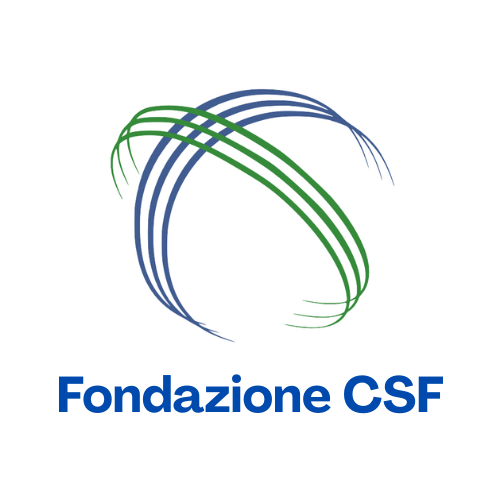How to determine the powers and resources of different levels of government in Italy is still an open question. The constitutional reforms, those in force and those rejected by voters, confirm the difficulty in finding answers to well-known problems, such as equal bicameralism.
A research centre focused on the theme of federalism is unique within the landscape of research institutes in Italy, but still in line with other similar centres in the world. We study the distribution and balance of power, responsibilities, and resources in multi-level government settings typical of many contemporary states and areas.
The Centro Studi sul Federalismo (CSF) focuses on four areas of research and intervention at national, European and supranational levels:
• Domestic Federalism
• Economy and Development
• Security and Defence
• Governance of Globalisation
These are interdependent and interdisciplinary areas, as illustrated in the 2023 Programme Guidelines, approved on 28 October 2022 by the Participants' Assembly (which brings together the founding and co-founding members of the CSF).
In addition, there is a transversal area concerning the theory and history of federalism.
For an overview of the CSF’s projects and activities, please see (in Italian):
Rapporto sull’attività 2021
Rapporto sull'attività 2020
Rapporto sull'attività 2019
In the cycle that began with the 2019 European elections, the European Commission, chaired by Ursula von der Leyen, defined a multi-year strategy based on the “double transition”, i.e. ecological (with the European Green Deal) and digital.
Security has returned to the top of the European agenda since the launch of the EU Global Strategy in 2016, followed by those of the European Defence Fund and Permanent Structured Cooperation (PESCO).
A series of global shocks ─ terrorism, the economic and financial crisis, the climate emergency, trade and currency wars, the pandemic, and the aggression against Ukraine ─ have shown both the crisis of the globalisation process and the continuing need for multilateral responses.
A Centre that studies “federalism” focuses mainly on its institutional aspects but also explores, albeit selectively, its theory and history. Federalism cannot be construed as a sort of dogma; it has its own evolution. Federalism must also be able to adapt its theoretical framework and operational tools, where necessary, to ongoing changes.

 En
En  It
It 


